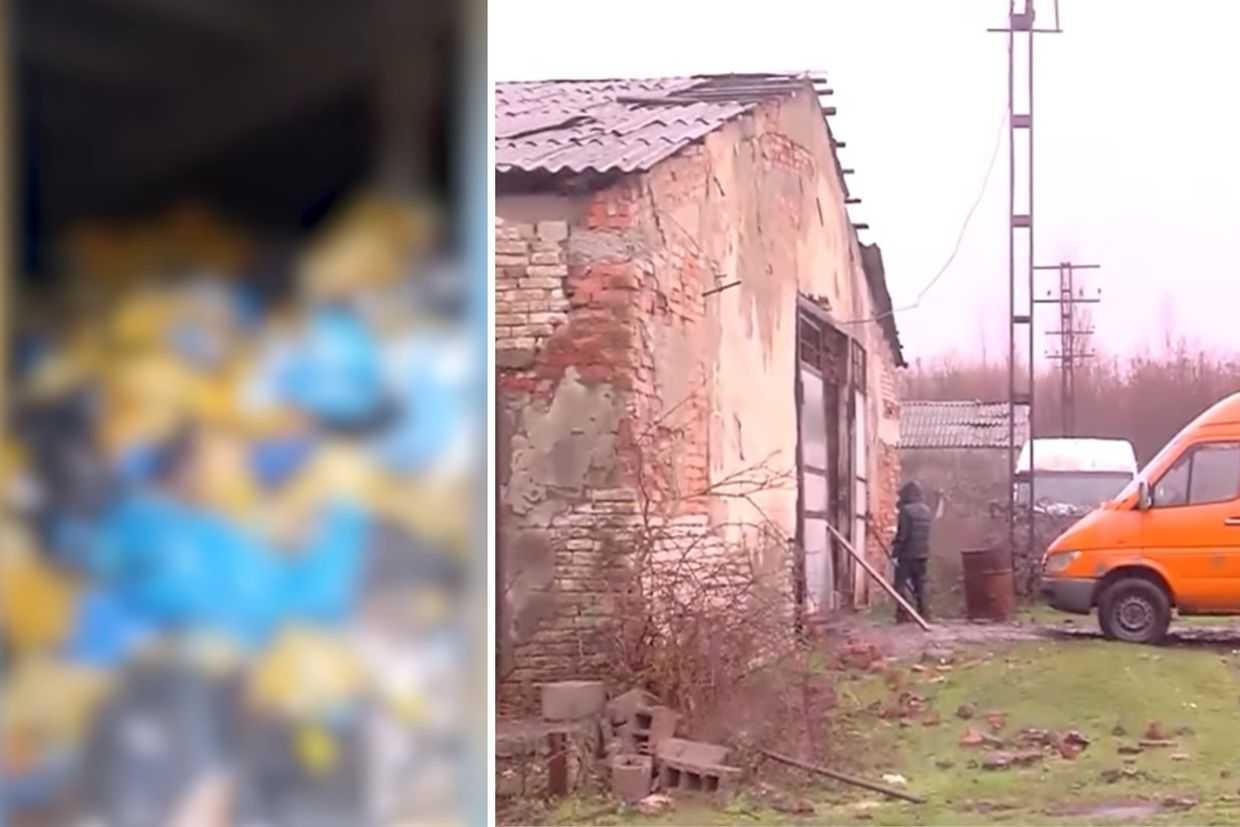
Tbilisi City Court has upheld a motion from the Prosecutor General’s Office to freeze the accounts of seven Georgian civil society organisations. The Prosecutor General’s Office claimed that the organisations had facilitated violence in the early phase of the ongoing anti-government demonstrations.
Among those targeted are leading NGOs, including the International Society for Fair Elections and Democracy (ISFED), the Civil Society Foundation, the Institute for Development of Freedom of Information (IDFI), the Social Justice Centre (SJC), and Sapari.
The accounts of the Georgian Democratic Initiative (GDI) and Democracy Defenders were also frozen.
The Prosecutor General’s Office requested the use of this punitive measure as part of a broader case involving charges of sabotage, attempted sabotage, and aiding and abetting hostile activities. The investigation was initiated in February, following a request submitted by a pro-government group, and affected a wide spectrum of government critics.
In a statement on Wednesday, the Prosecutor General’s Office said that the protests, which erupted in November after the Georgian Dream government suspended its bid for EU membership, were ‘gradually transformed into confrontations with police forces, with a deliberate character’. As the agency claimed, it was the result of ‘calls by opposition party leaders and certain NGO heads for mass disobedience and nationwide resistance’.
According to the Prosecutor’s Office, as a result, ‘violent groups injured dozens of law enforcement officers’ and ‘set fire to the parliament building’, as well as to police equipment.
The Prosecutor General’s Office further stated that protest participants were equipped with various items, including ‘special gas masks, helmets, face-covering masks, respirators, protective goggles, and batons’. According to the agency, they were being supplied in a ‘coordinated manner’ using funds from the aforementioned organisations.
‘Ultimately, the coordinated actions were intended to weaken law enforcement agencies and disrupt their normal functioning’, the statement read.
The women’s rights group Sapari has dismissed the accusations as ‘entirely baseless and defamatory’.
‘No evidence has been presented to substantiate these claims’, Sapari said.
‘This decision is yet another example of the increasing use of Russian-style repressions against Georgian civil society organisations, with the clear aim of silencing critical voices and dismantling the foundations of civic life’, it added.
The group called on women and children who are victims of violence to continue reaching out to them, saying, ‘We will continue to assist you voluntarily for as long as we are able’.
This is not the first time the Prosecutor General’s Office has targeted ongoing protests through investigations into alleged sabotage.
Earlier, in March, the agency froze the accounts of five funding sources that had supported participants of the demonstrations who were fined or detained. Later, searches were conducted at the homes of individuals associated with the funds.
The Georgian government’s policy toward civil society organisations has become particularly hostile over the past two years, alongside its adoption of a series of restrictive laws.
The adoption of these laws has accelerated over the past eight months, against the backdrop of anti-government demonstrations, the first phase of which saw heavy clashes and brutal police violence against protesters and journalists.
Of the seven NGOs whose accounts were frozen, four — ISFED, SJC, Sapari, and the Civil Society Foundation — had already been singled out under the ruling party’s April Foreign Agents Registration Act (FARA). The Anti-Corruption Bureau launched inspections of these groups, along with three others, in mid-August, citing possible violations of FARA.
Georgian Dream has repeatedly claimed that these measures are necessary to fight the ‘influence of external powers’. Nonetheless, critics of the ruling party have insisted that the state actions aim to undermine the media and civil society in an already fragile democracy.












